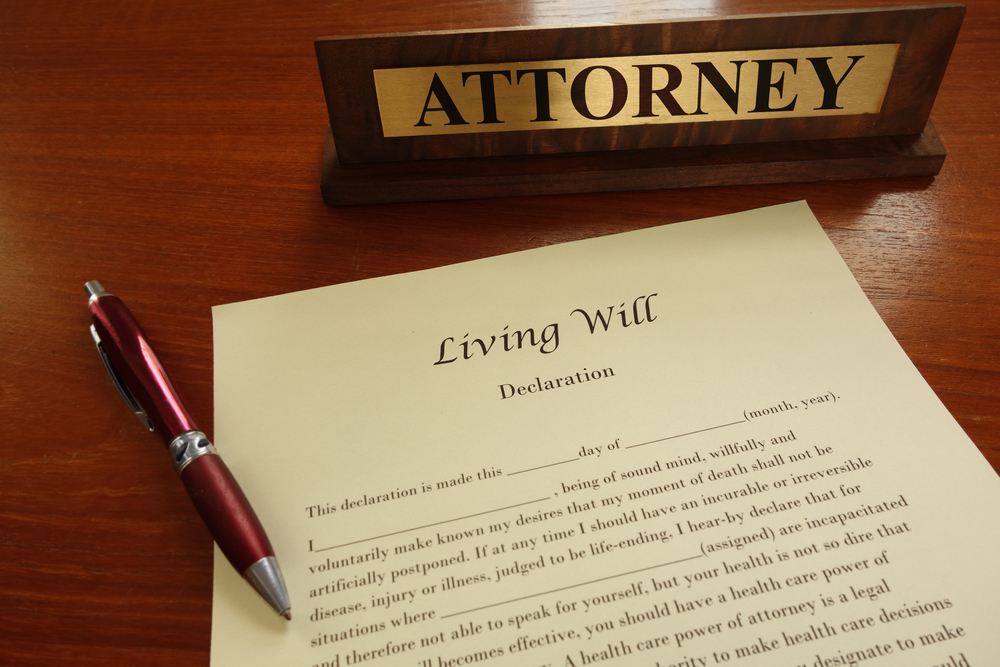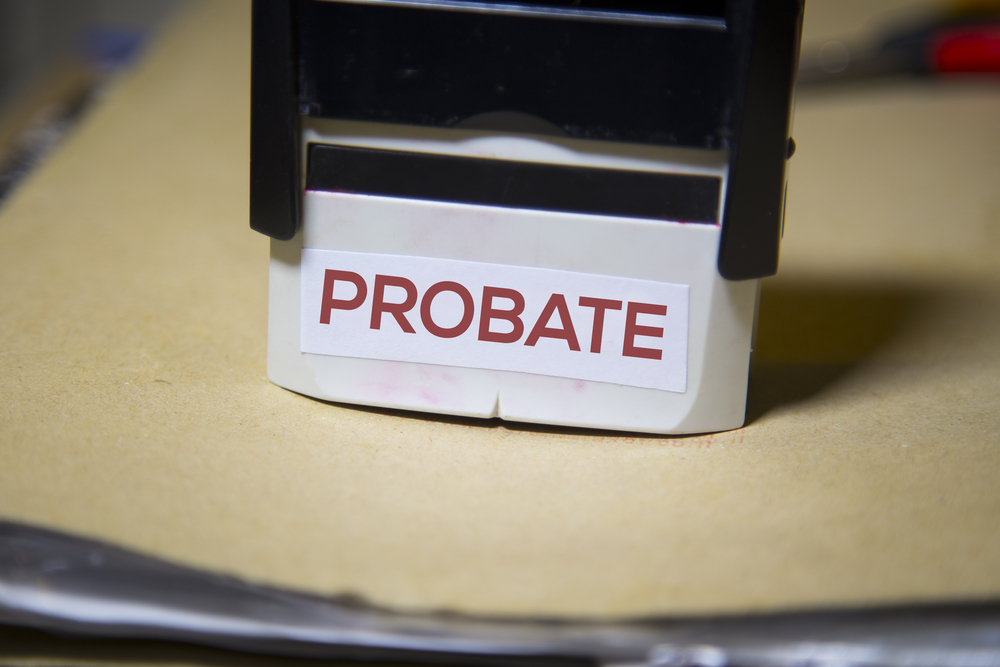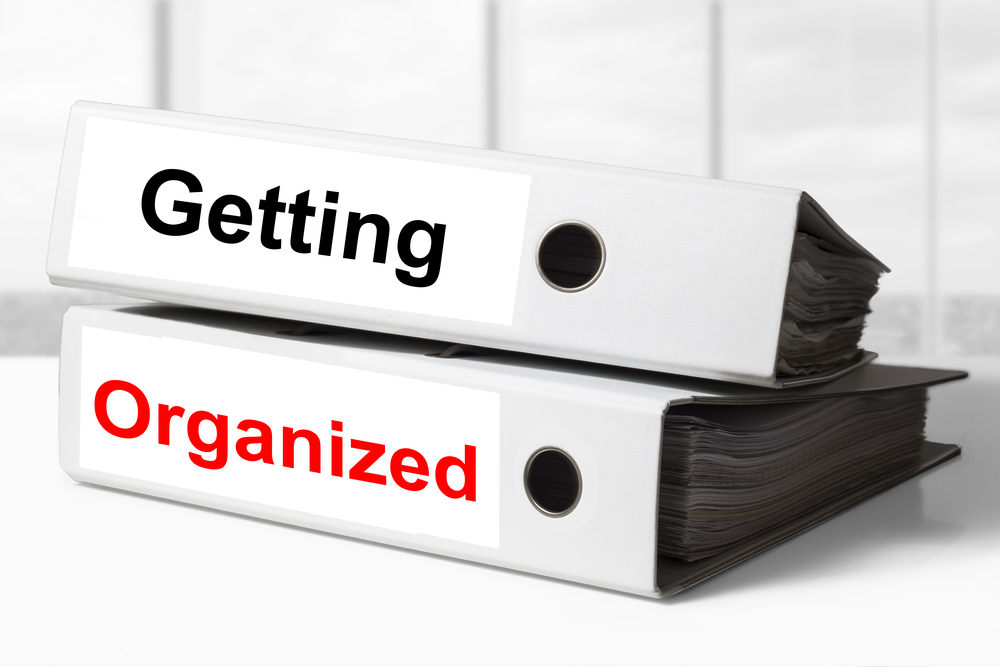There are many different ways that you can protect your interests and money and keep it outside of probate. In order to do this, it is your responsibility to consider the benefits of a payable on death bank account.

You will need to notify your bank about who you intend to inherit the money inside the account or a certificate of deposit. Your bank will manage this process directly, although there may be paperwork for you to fill out. The beneficiary you name and the bank will manage the rest, enabling the assets inside these accounts to avoid probate altogether.
So long as you are still alive, the individual you name to inherit the money in a payable on death bank account has no formal right to it. If you change your mind about leaving it to the person you named as the beneficiary or if you need the money, you can name a different beneficiary, close the account or spend the money. There are many benefits to a payable on death bank account, including it costs virtually nothing, there’s no limit on how much money can be left in this way, it’s easy to create, and it is relatively easy for the beneficiary to claim the money after the owner of the account dies. As a downside, a payable on death account might not accomplish all of your estate planning goals. You cannot name an alternate beneficiary, for example, which could be accomplished by establishing a trust.

















